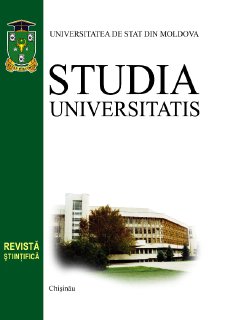JEAN-JACQUES ROUSSEAU (1712-1778) (Partea I)
Sorin CRISTEA Universitatea Bucureşti, România
Rezumat
Jean-Jacques Rousseau (1712-1778) is being considered the promoter of “New Education”, and of “existence of pedagogy”. His work reflects historical problems of century before the revolution in 1789. It is evaluating in 2 phases: 1) critical phase: it is about science and arts; about political, economy, about the basis of inequality among people; 2) phase of constructing of theory: a) philosophical; b) political; c) pedagogical. The J.J. Rousseau pedagogy is studding the “negative education” based on knowing the child and organizing of formation through a free activity, without the bad par of society. The “negative education” is based on 3 principles of projecting: 1) nonintervention; 2) free activity; 3) capitalization of self-experience; 4) realization of educational cycles: a) 0-2 years – physical education; b) 2-12 years – sensorial education; c) 12-15 years – intellectual education; d) 15-20 years – moral, professional education; e) education for family life.

